
Prof. Raymond Tutu (M) with other participants
Professor at Delaware State University, Prof. Raymond Tutu in partnership with Dr. Doris Ottie-Boakye from the Citadel Research Network for Development, has successfully hosted a research dissemination meeting after studying the relationship between social capitals and health literacy of faith-based organisations including churches, mosques and ethnic-based organisations.
The research, which was funded by the National Science Foundation, aimed to explore the extent to which health initiatives implemented in churches facilitate the sharing of health information among congregants and to ensure the betterment of the lives of humanity.
The study utilised a mixed-method approach drawing on community-engaged and phenomenological approaches to deepen the understanding of social capital and health literacy among members of religious-based and ethnic-based organisations in Accra.
The study was done with mixed methods such as the qualitative research approach and quantitative research approach.
Moreover, a survey data collection method was used for the quantitative research approach, while qualitative research approach involved semi-structured interviews, in-depth interviews and focus group discussions.
Speaking with the media, Prof. Raymond Tutu, also the Principal Investigator, said the results of the study were notably encouraging, adding that, they tried to understand the extent to which individuals can access health information, comprehend it, critically analyse it and apply it in their daily lives.
He further explained that several organisations effectively involve themselves in healthy activities like health walks, health screenings and also possess notable health assets, indicating that, these health literacy assets refer to factors that facilitate and support health literacy initiatives.
However, he stated that, the analysis also revealed some few gaps that demand attention: some churches and religious organisations lack health-related programmes or interventions such as health screening for blood pressure, breast cancer, health advocacy, health walks or health talk, included in their monthly or annual agendas.
“So our goal is to encourage faith-based organisations to adopt a holistic approach, addressing both the spiritual and physical well-being of their congregants as the Bible tells us to prosper and be in good health, hence, we are very grateful to our partner churches who have welcomed us to promote this integrated approach,” he mentioned.
He indicated that, the initiative also engaged partners from Islamic faith and various ethnic groups, fostering a collaborative and inclusive environment.
According to him, data shows about 13% individuals having difficulty in finding information on treatments of illness that concern them and where to get professional help when ill, and about 28% reported to have difficulty in finding information on how to manage their mental health problems.
Prof. Tutu then stated that all these challenges faced by patients are due to lack of doctor-patient relation and advised doctors to build a good relationship with their patients.
He also urged doctors to be patient with them and to develop the ability of speaking languages their clients and patients understand because it forms part of a healing process to the individuals.
“It is my hope that this dissemination conference will mark the beginning of strong partnership that aims at research, programmes, initiatives and interventions with the sole purpose of improving the health of public,” he stressed.
He showed appreciation to all faith-based organisations, ethnic-based organisations, bishops, imams, pastors, elders, health personnel and the media for their collaborative support and commitment for making the workshop a success.
By Janet Odei Amponsah
The post Health Research Dissemination Workshop Held appeared first on DailyGuide Network.
Read Full Story
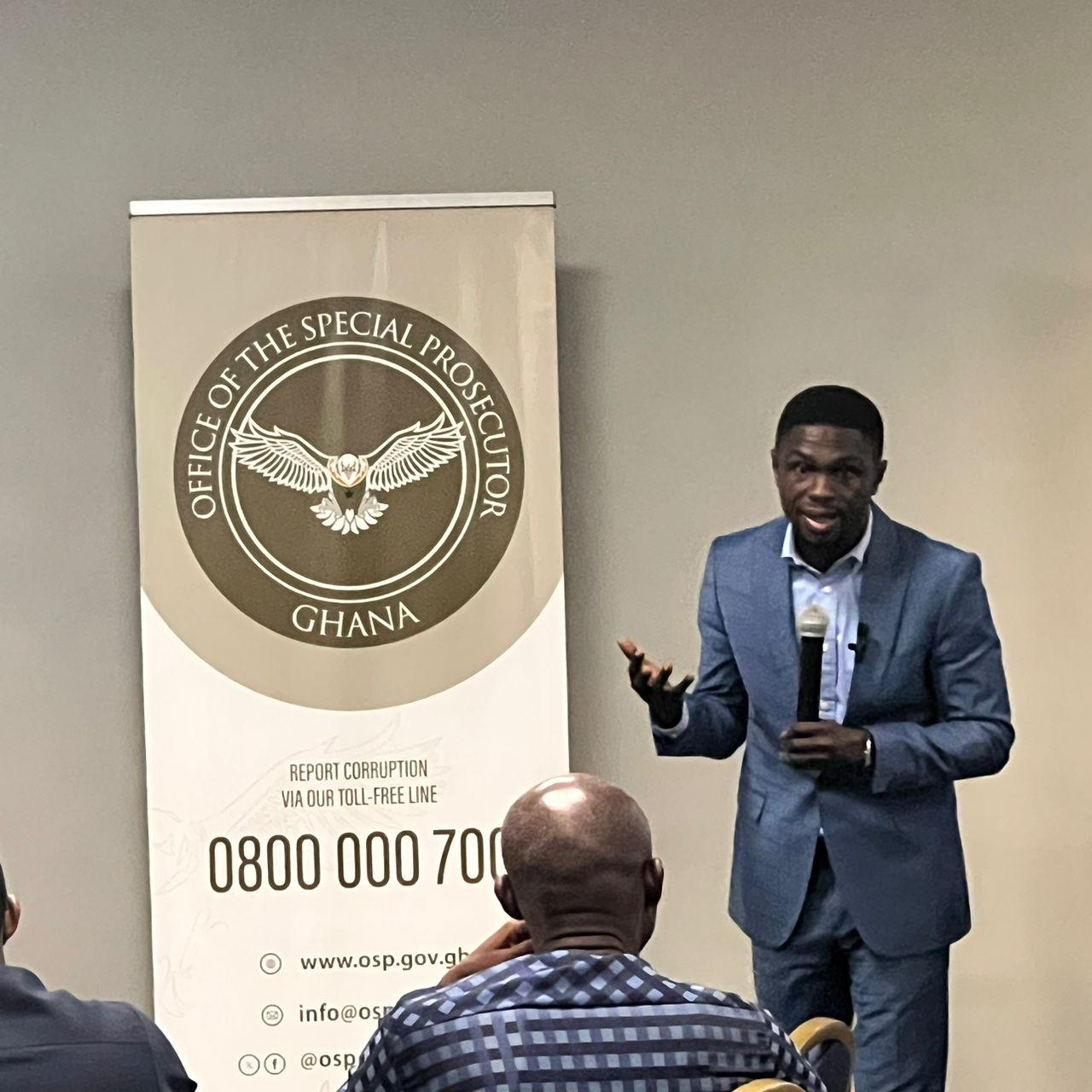
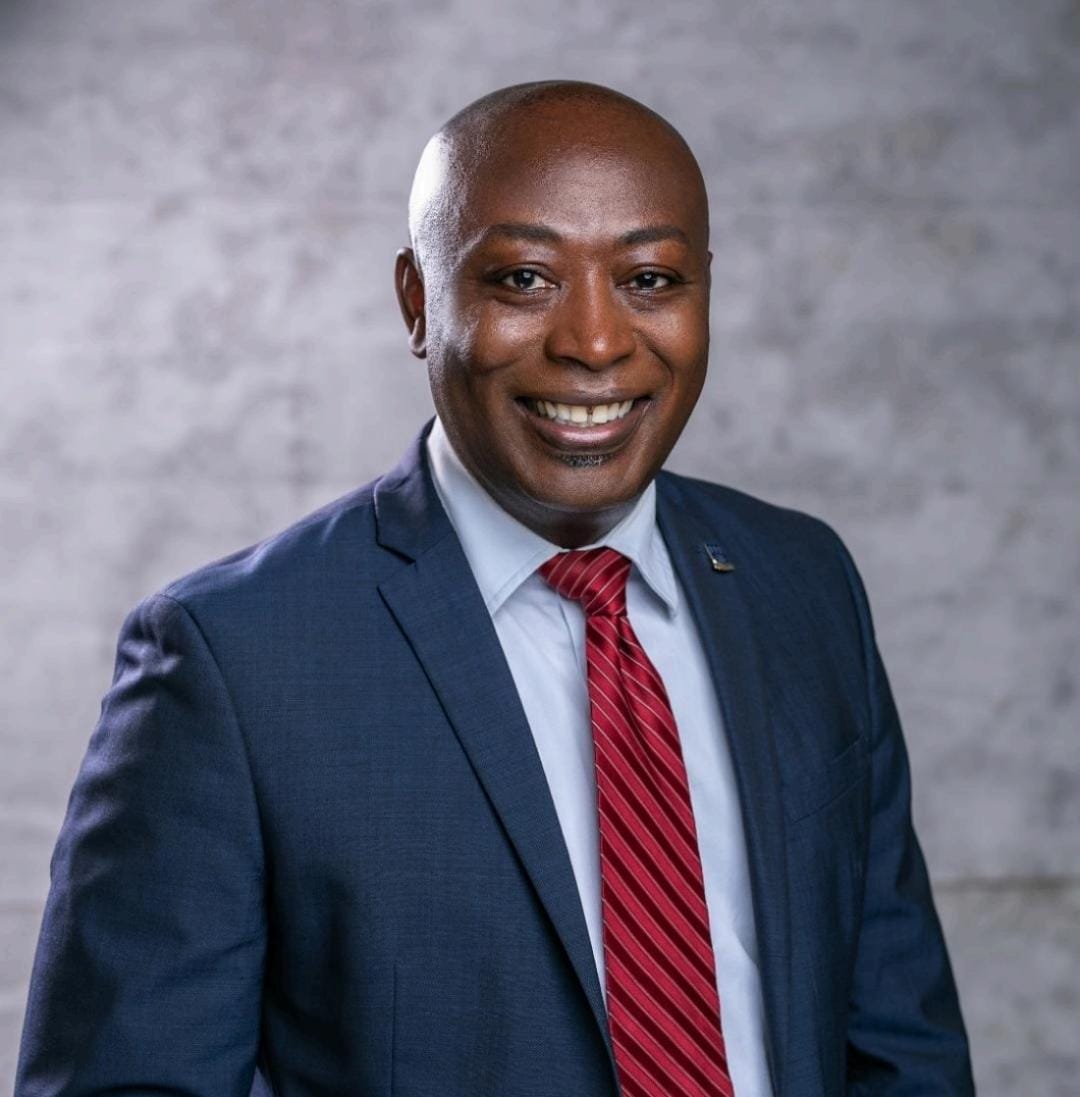


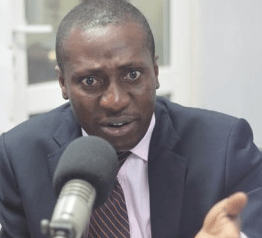


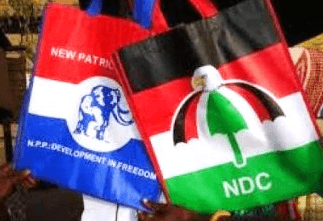
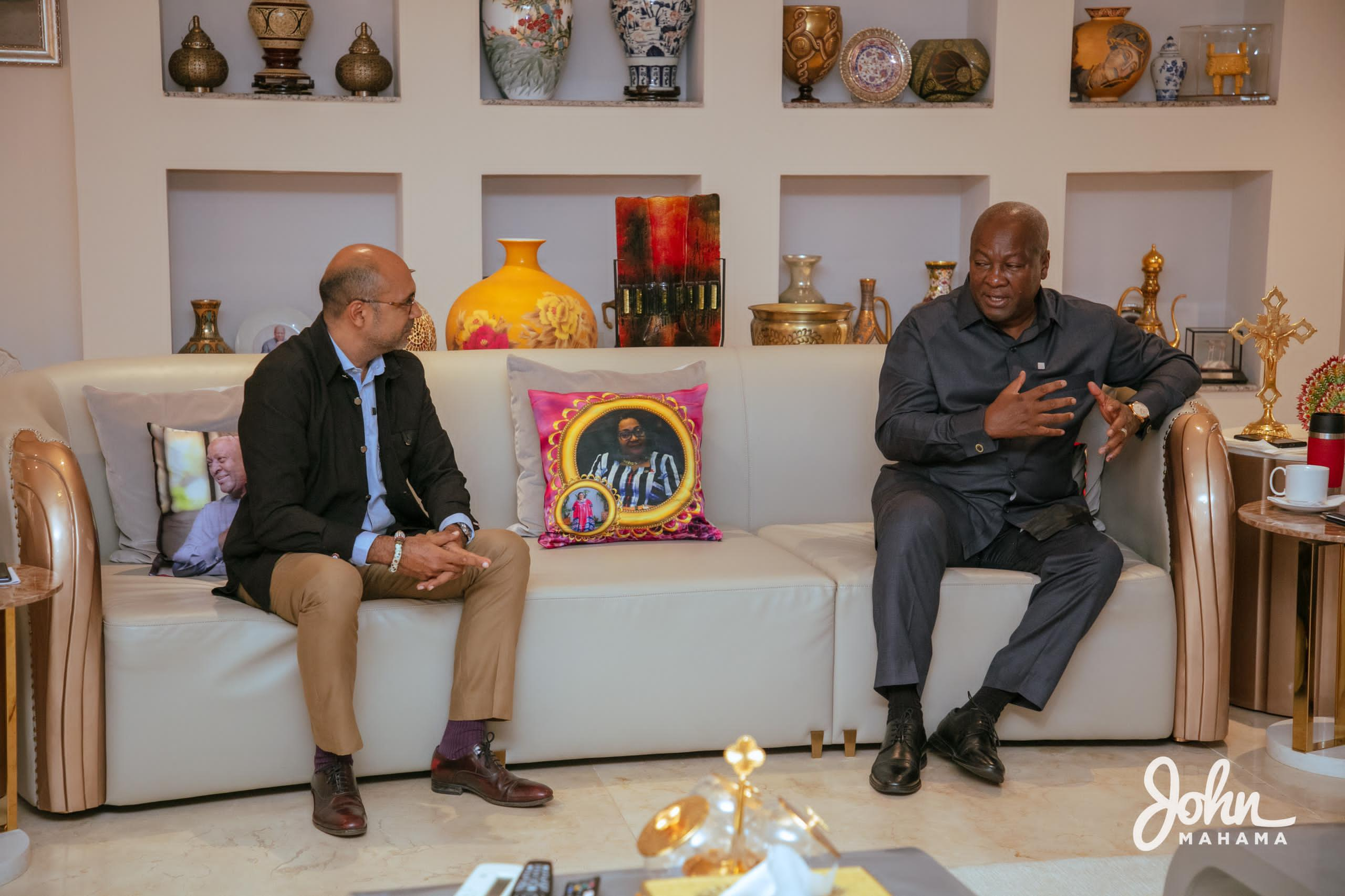
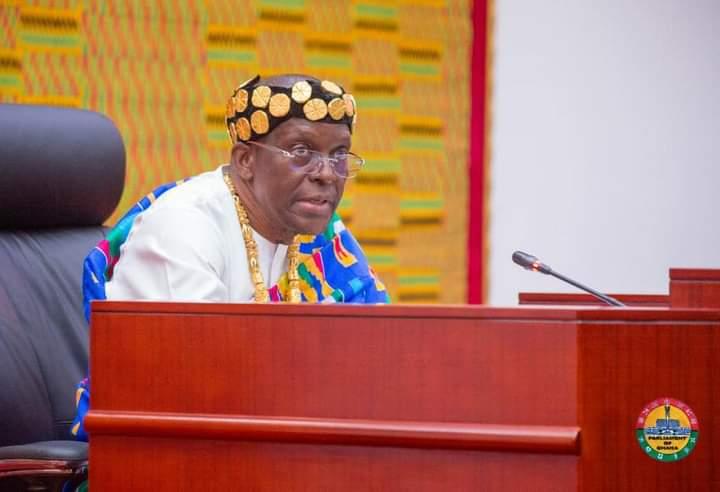
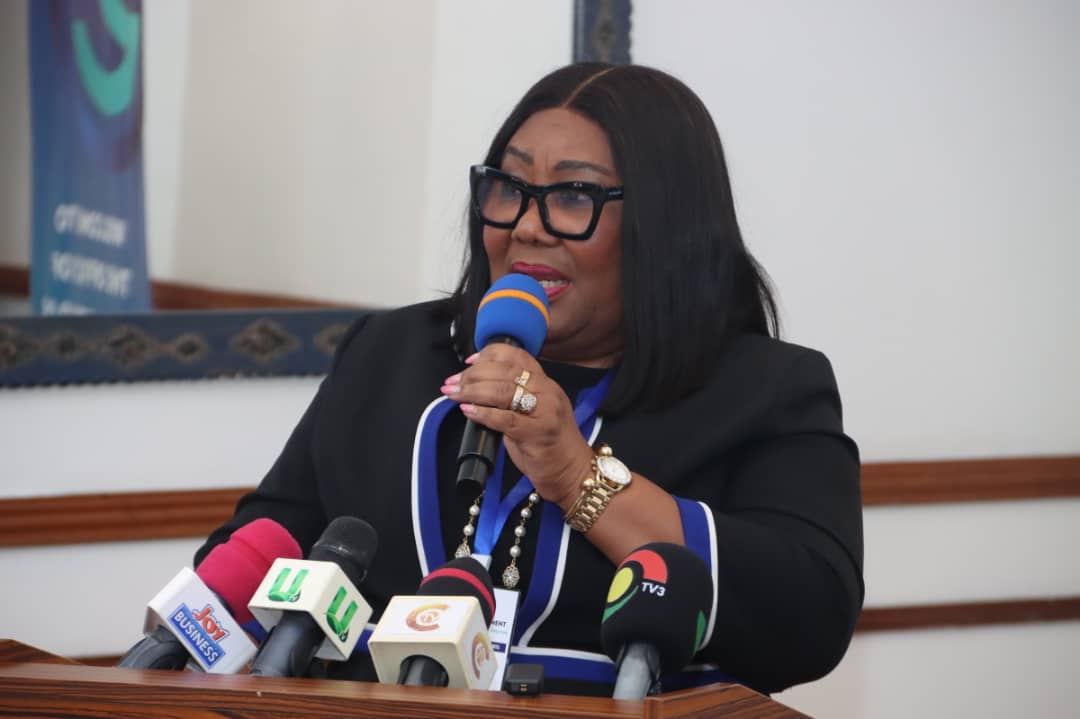
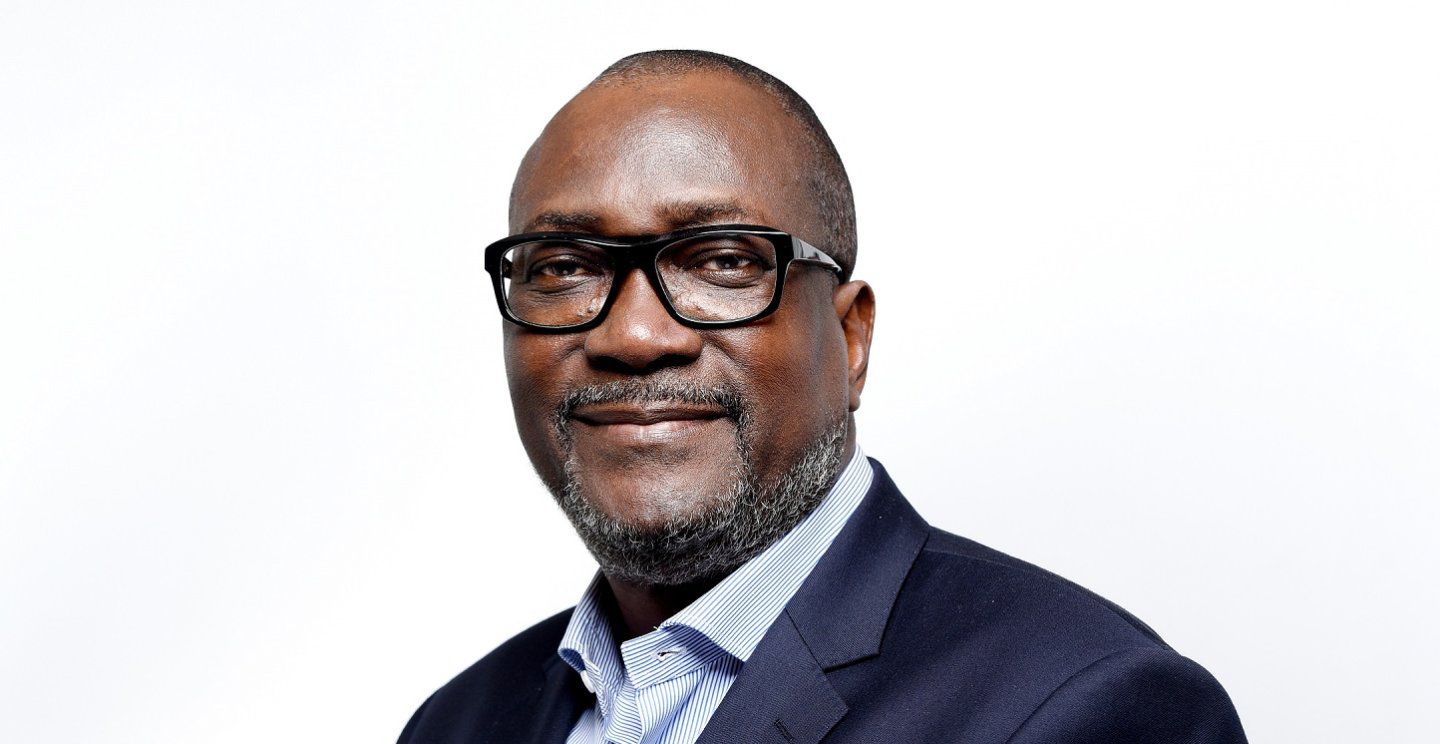






Facebook
Twitter
Pinterest
Instagram
Google+
YouTube
LinkedIn
RSS